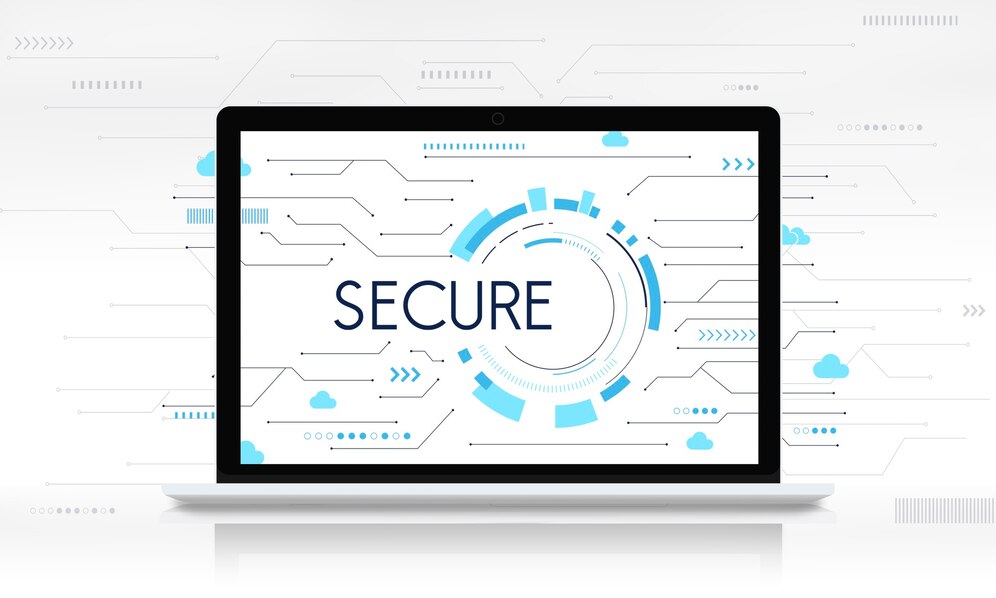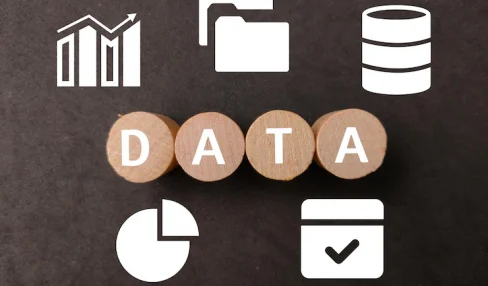Best Practises To Avoid Breaches Of Data Security
5 Mins Read
Published on: 25 January 2023
Last Updated on: 03 May 2024

toc impalement
As a business, you likely have a lot of important data under your care and to maintain your reputation and the trust you have built with your customers, you need to do all you can to protect it.
However, this isn’t as easy as it sounds. There are various threats to the security of your data, and you need to take them seriously.
Furthermore, you need to act to up your security game. Why is data security important? What action can you take to secure your data?
Why Is Data Security Important?
The truth is that anyone can be the victim of cyber-attacks that lead to the breaching of data. Complacency is dangerous so it’s vital that you start to take action to improve your defenses.
Information is your business’s most valuable asset. Your transactions, communications, databases, and knowledge are key to your company’s success. Keeping all of this information safe is paramount.
When you put in place infrastructure to keep the data you store safe, you make sure that competitors can’t get their hands on the information, the integrity of the data is maintained, and it allows for access to your data whenever you need it.
If you don’t take the appropriate action, you put yourself and the data you store in a dangerous position. Data could end up in the wrong hands or be made completely useless. Besides this, the reputation you’ve worked hard to build is lost in an instant.
What Can You Do To Improve Your Data Security?

1. Focus on the protection of the data itself
90 percent of the security budget is spent on firewall technology, but that shouldn’t be the only thing you focus on. A lot of cyber-attacks are sophisticated enough to get through a firewall, so you need to make sure you concentrate on protecting the data itself.
2. Look out for insider threats
It’s easier to be alert for external attacks but the danger lies in the insider attacks that are harder to detect and protect against.
It can be as innocent as an untrained employee clicking on an attachment in an email that goes on to release a deadly virus. These threats are not only the most prevalent but also the most expensive. Remember to look out for them and train your staff to prevent them (more on that later!)
3. Encrypt your devices
Especially as a hybrid working model grows in popularity, more people are using multiple devices, working on their mobiles or personal technology. Therefore, you need to make sure that all of these devices are reliable, and that all the data is stored in an encrypted format.
4. Test out your security
Hire a professional organization to test out the strength of your company’s defenses who will audit your weaknesses for you to work on. Even without the help of a professional, you’ll likely be able to carry out your own investigations and see any weaknesses in your defenses.
5. Get rid of data you don’t need
Make sure that there are effective disposal mechanisms in place to delete redundant data so that stale data isn’t forgotten about, neglected, and open to being stolen in the future.
Even if your system is simply a shredder that deletes irrelevant physical data, it’s something that stops employees from keeping hold of redundant information.
6. Invest in your cyber security measures
There are various platforms and applications available that you can make use of to improve your data security. For example, the add-in SafeSend prevents sensitive data from being sent to the wrong people.
Email is the most used form of communication, and it could be a window that allows data breaches to corrupt your otherwise secure business. Spend some time and money on your data security and you’ll be grateful in the future.
7. Set up strong passwords
Weak passwords are weak links in your chain of security. Simple passwords are easy to hack meaning attackers can quickly gain access to sensitive information.
Implementing strong passwords is a simple step to take toward improving your security. Use more complicated passwords and change them regularly. Don’t write them down and don’t leave them lying around for other people to find.
8. Keep your programs updated
Make sure that devices and software are regularly updated. Just a soldier needs to patch up his armor, you need to make sure you patch up your devices. Weaknesses in old software versions will basically be inviting attackers to infiltrate your defenses.
9. Keep your data backed up
Backing up data is a vital aspect of a data security strategy. When this is implemented, files can’t be accidentally deleted forever, and ransomware doesn’t have quite the same threat. All data and information should be stored and backed up in a secure location away from the site of your business.
10. Educate your staff
Training is one of the easiest ways to improve your data security. Everyone has a responsibility to keep data secure, and in many cases, ignorance and lack of understanding are behind employee mistakes that lead to a data breach.
Don’t assume that people know how to handle cyber security. Make sure that everyone knows how to detect a threat and the procedure to follow in the event of one.
Ensure that everyone knows the seriousness of sharing information with outside parties, and how to create strong passwords. It’s not just the job of the IT team to keep data safe, it’s a job for everyone to work towards.
You Can Make Your Data Secure
The bad news is that data security threats are very real, very prevalent, and very dangerous. The good news is that there are things you can do to protect your business and the valuable data you store.
Data security attacks don’t have to be deadly, or even remotely successful, when you have the right infrastructure in place and follow the right policies to improve your data security. Don’t be daunted by the prospect of a data security threat, but let it motivate you to improve!
Read Also:


















Comments Are Closed For This Article